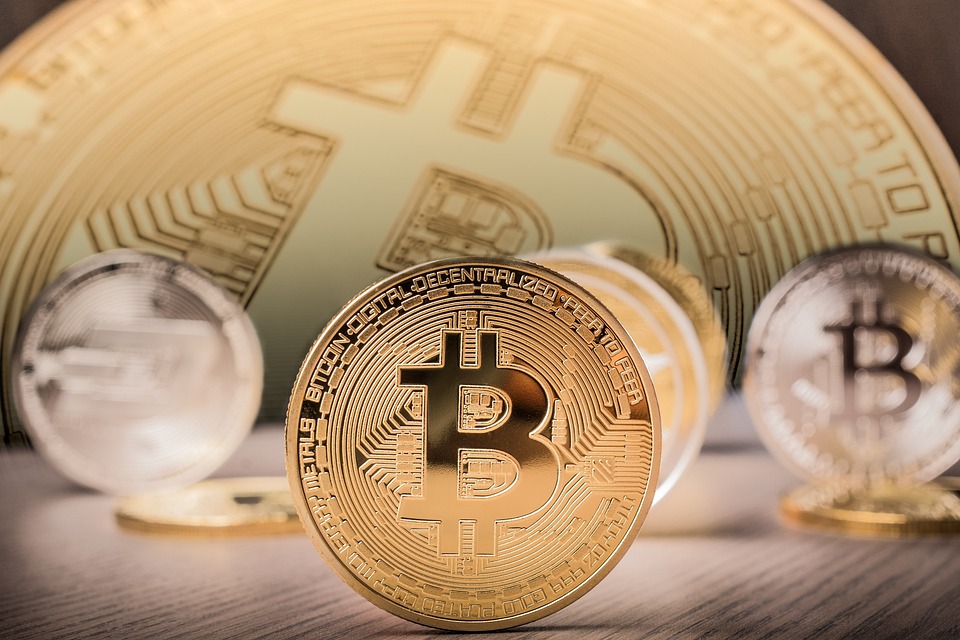Decentralization is a concept that has been gaining significant traction in recent years. It refers to the distribution of power and decision-making authority away from a central authority and towards individual members or smaller, autonomous groups. While traditionally centralized institutions have dominated various sectors such as finance, governance, education, and healthcare, decentralization is now disrupting the status quo and challenging the conventional way of doing things.
One of the most well-known examples of decentralization is blockchain technology, which underpins cryptocurrencies like Bitcoin and Ethereum. In a decentralized system, transactions are verified by a network of computers rather than a central authority like a bank. This eliminates the need for intermediaries and reduces the risk of fraud or manipulation. Blockchain technology has the potential to revolutionize the way we conduct financial transactions, securely store and transfer data, and even vote in elections.
Decentralization is also reshaping the education sector. With the rise of online learning platforms and tools, students have more control over their educational journey. They can choose when and where to study, access a wider range of resources and teachers from around the world, and progress at their own pace. This shift towards decentralization is challenging the traditional model of brick-and-mortar schools and universities and empowering individuals to take ownership of their learning.
In the realm of healthcare, decentralized platforms are enabling patients to access their medical records, seek second opinions, and connect with healthcare providers directly without the need for insurance companies or government agencies. Patients are becoming more involved in their own healthcare decisions and are demanding more transparency and control over their personal health data.
Moreover, decentralization is also revolutionizing the governance and political landscape. Blockchain technology has the potential to transform the way we vote in elections, verify the authenticity of digital identities, and hold governments accountable for their actions. Decentralized governance models, such as DAOs (Decentralized Autonomous Organizations), allow for more democratic decision-making processes and enable individuals to participate in the decision-making process directly, without the need for intermediaries or central authorities.
While decentralization offers numerous benefits, it also presents challenges and risks. The lack of central authority can lead to issues such as regulatory uncertainty, governance disputes, and security vulnerabilities. Moreover, decentralized systems may not always be efficient or scalable, especially in sectors that require coordination and cooperation among multiple parties.
Nevertheless, decentralization is here to stay, and its disruptive impact on traditional institutions is undeniable. As individuals and organizations continue to embrace this paradigm shift, we can expect to see a more transparent, democratic, and resilient world where power is distributed among the many, rather than concentrated in the hands of the few. Decentralization is not just a buzzword or a trend, but a transformative force that is reshaping the way we interact, transact, and govern ourselves.
